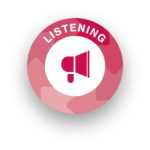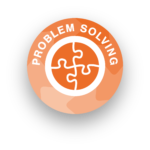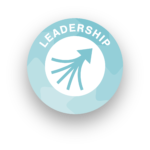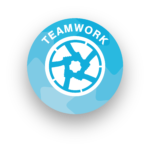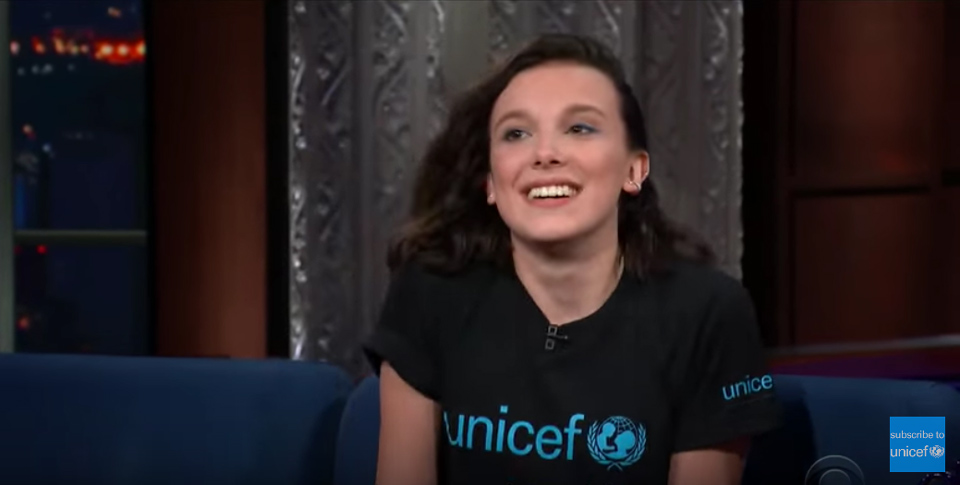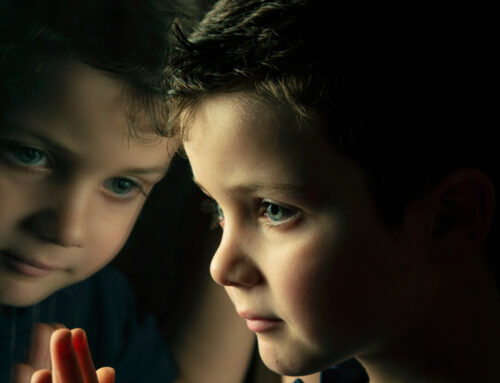10% of children with high learning potential face significant personal hurdles, according to the most recent government statistics analysed by Potential Plus UK. These learners are gifted, yet experience one or more special educational need or disability. Hence, they are often identified with the terms ‘Dual or Multiple Exceptionality’ (DME) or ‘Twice Exceptional’ (2e).
Coping with these (DME) traits can be tricky; especially alongside a possible tendency of children with high learning potential towards perfectionism. So, are there any role models who might encourage giving things a go and continuing to aim high despite challenges? Young people with DME can grow into fascinating teenagers and amazing adults, but may well need guidance to problem-solve a path through their own individual combination of strengths and difficulties.
Teenage Actress Fights Bullying
Millie Bobby Brown joins UNICEF
Millie Bobby Brown is a young British actress who is already known around the world. You may have heard about her recent success playing Eleven in Stranger Things, the scary sci-fi on Netflix. Or perhaps you caught F1 star Lewis Hamilton speeding her around the race track! https://youtu.be/6_qRVB4FdHU
She was born in 2004 with hearing difficulties and even though she is now completely deaf in one ear, she is determined that this will not stand in her way. In an interview, Millie said “Wanting to act was like a bug. I know this sounds crazy, but once I find something I want to do, nobody’s stopping me. If I don’t know how to sew, and I really had that passion to sew, that’s it, I’m going to sew. That’s also with acting. So here I am.” (Glamour)
UNICEF
The United Nations’ Children’s Fund, UNICEF, was originally set up back in 1946. It is a huge organisation that brings health care and wellbeing support to children in over 190 countries. https://www.unicef.org.uk
On National Children’s Day, November 20th, 2018, Millie Bobby Brown became the youngest ever Goodwill Ambassador for UNICEF (https://www.unicef.org/turkiye/en/press-releases/millie-bobby-brown-named-unicefs-youngest-ever-goodwill-ambassador). As a Goodwill Ambassador, she will use her fame in a good way to make more people aware of issues affecting children that are also important to her personally; Millie particularly wants to wipe out bullying and hate.
Question: What big issues do you think Millie should focus on? Are there any particular companies or countries she should contact about her campaign? What would you choose if you were a Goodwill Ambassador?
‘Millie Stops Hate’ on Twitter
Like the singer Ed Sheeran, a nasty cyberbullying campaign forced Millie Bobby Brown to delete her Twitter account in 2018. Online bullying is sadly an issue that affects males, females, celebrities and just us ‘normal’ people. However, by using their fame, stars put extra pressure on services like Twitter to keep developing features, such as limiting the tweets of abusive Twitterers and a mute function to automatically hide all tweets that mention specific words.
Responding strongly to the ‘haters’, Millie used her speech at the MTV Movie and TV Awards to say: “Since I know there are many young people watching this — and even for the adults, too […] There should be no space in this world for bullying, and I’m not going to tolerate it, and neither should any of you.”
To make good things from her bad experiences, Millie has now created a Twitter page called @MillieStopsHate “to share love and positivity. Let’s stop bullying.” It only took around two hours online for @MillieStopsHate to gain its first 5,000 followers! https://www.teenvogue.com/story/millie-bobby-brown-new-twitter-account
Question: Have you or any of your friends been upset by bullying or online ‘trolls’? If so, what advice do you think Millie would give you?
Being ‘DME’ – Hearing Loss and Doing What You Love
After years of being aided by tubes, Millie is now deaf in one ear and so can’t totally hear herself acting and singing. However, she stays very positive and says she just finds ways around things, such as boosting her other senses and using strong expressions on her face when she is acting. https://www.hearinglikeme.com/millie-bobby-brown-another-deaf-celebrity/
‘DME’ is short for Dual and Multiple Exceptionality. DME describes a situation where someone like Millie has strong talents in at least one area, but also has a challenge (such as being hearing impaired) that could make success difficult.
Millie’s philosophy is that people should chase their dreams and do what they love. She says “I just started to sing, and if I sound bad, I don’t care, because I’m just doing what I love. You don’t have to be good at singing. You don’t have to be good at dancing or acting. If you like to do it, if you genuinely enjoy doing it, then do it. No one should stop you.”
Question: Do you have something that makes it harder for you to do everything you want? Do you agree that people should do more of what they love?
Role Models
She is the youngest person ever to feature on TIME 100 list of the 100 most influential people (https://www.bbc.co.uk/news/uk-43831691) – but who influenced Millie Bobby Brown herself? The answer is Audrey Hepburn, an iconic actress who also became a UNICEF Ambassador in 1989. (https://www.unicef.org/people/people_audrey_hepburn.html)
Question: Who are your role models? Why? What good do they encourage you to do or bring into your life?


